Legality of Jan. 20 vote questioned
Parliamentary Speaker Oliver Dulić last night officially scheduled presidential elections for January 20.
Thursday, 13.12.2007.
09:20

Parliamentary Speaker Oliver Dulic last night officially scheduled presidential elections for January 20. The second round will take place on February 3. Legality of Jan. 20 vote questioned In a public statement, Dulic stated that the elections were an opportunity for citizens to confirm the maturity of Serbian society, and that he expected the campaign to be conducted in a fair and honest manner. “Every new election is an opportunity to consolidate democratic values and reinforce the country’s stability. That’s particularly important today, given the challenges Serbia faces where the territorial integrity of our nation is at stake,“ said Dulic. The speaker called on all citizens to take part and not to allow “our common destiny to be decided without them,“ stressing that voting was a citizen’s right, as well as a responsibility to the country “we live in and love equally.“ Oliver Dulic announces the elections (Tanjug) Mixed reactions The speaker's decision to call elections for next month has met with a mixed reaction, and even claims of unconstitutionality in some quarters. President of the Parliamentary Judiciary Committee Vlatko Ratkovic feels the decision to call elections is constitutional. The Democratic Party (DS) official bases his views on the fact elections must be called prior to December 31. The President’s cabinet claims likewise. In so doing, the cabinet has dismissed the view of parliamentary experts who said it was possible to call elections only once all the related election laws had come into force. Professor Stevan Lilic from the Law Faculty said that the decision breached Constitutional Law, saying that from a legal point of view, what is important is the context in which the laws were applied, and not just the laws’ text. Lilic maintained that it was completely irrelevant whether or not the laws regulating the position of the president had come into force, as they were not a condition for calling elections. Former Constitutional Court President Slobodan Vucetic also felt the move was unconstitutional, as one of the conditions of Constitutional Law has been ignored. “The speaker’s decision is in line with Constitutional Law in terms of timeframes,” Vucetic told Beta. However, Article 3 of the law, he claimed, stipulates that six other laws governing elections have to come into force. The Law on the Army does not come into force until January 1. Furthermore, since four of these laws – on the foundations of the organization of the security services, foreign affairs, defense, and the army – were enacted in parliament on December 11, even if they were published immediately, they cannot come into force until December 19, which, under the Constitution, is the earliest possible date elections could be called, say experts. Meanwhile the head of the government’s public relations department, Milivoj Mihajlovic, has also voiced his opinion on the matter. He said that opinions on the decision's legality were not the government’s, but those of certain individuals. “The decision to call elections is taken in parliament and for a fair campaign it’s detrimental if people express their own or party opinions on behalf of the government or its departments,” Mihajlovic told Beta. He stressed that neither the government or any government body had as yet discussed the decision to call elections.
Legality of Jan. 20 vote questioned
In a public statement, Dulić stated that the elections were an opportunity for citizens to confirm the maturity of Serbian society, and that he expected the campaign to be conducted in a fair and honest manner. “Every new election is an opportunity to consolidate democratic values and reinforce the country’s stability. That’s particularly important today, given the challenges Serbia faces where the territorial integrity of our nation is at stake,“ said Dulić.The speaker called on all citizens to take part and not to allow “our common destiny to be decided without them,“ stressing that voting was a citizen’s right, as well as a responsibility to the country “we live in and love equally.“
Mixed reactions
The speaker's decision to call elections for next month has met with a mixed reaction, and even claims of unconstitutionality in some quarters.President of the Parliamentary Judiciary Committee Vlatko Ratković feels the decision to call elections is constitutional. The Democratic Party (DS) official bases his views on the fact elections must be called prior to December 31.
The President’s cabinet claims likewise.
In so doing, the cabinet has dismissed the view of parliamentary experts who said it was possible to call elections only once all the related election laws had come into force.
Professor Stevan Lilić from the Law Faculty said that the decision breached Constitutional Law, saying that from a legal point of view, what is important is the context in which the laws were applied, and not just the laws’ text.
Lilić maintained that it was completely irrelevant whether or not the laws regulating the position of the president had come into force, as they were not a condition for calling elections.
Former Constitutional Court President Slobodan Vučetić also felt the move was unconstitutional, as one of the conditions of Constitutional Law has been ignored.
“The speaker’s decision is in line with Constitutional Law in terms of timeframes,” Vučetić told Beta.
However, Article 3 of the law, he claimed, stipulates that six other laws governing elections have to come into force. The Law on the Army does not come into force until January 1.
Furthermore, since four of these laws – on the foundations of the organization of the security services, foreign affairs, defense, and the army – were enacted in parliament on December 11, even if they were published immediately, they cannot come into force until December 19, which, under the Constitution, is the earliest possible date elections could be called, say experts.
Meanwhile the head of the government’s public relations department, Milivoj Mihajlović, has also voiced his opinion on the matter. He said that opinions on the decision's legality were not the government’s, but those of certain individuals.
“The decision to call elections is taken in parliament and for a fair campaign it’s detrimental if people express their own or party opinions on behalf of the government or its departments,” Mihajlović told Beta.
He stressed that neither the government or any government body had as yet discussed the decision to call elections.


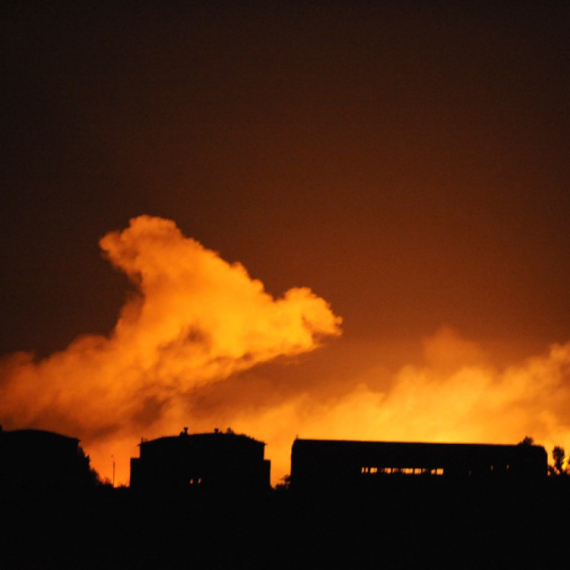
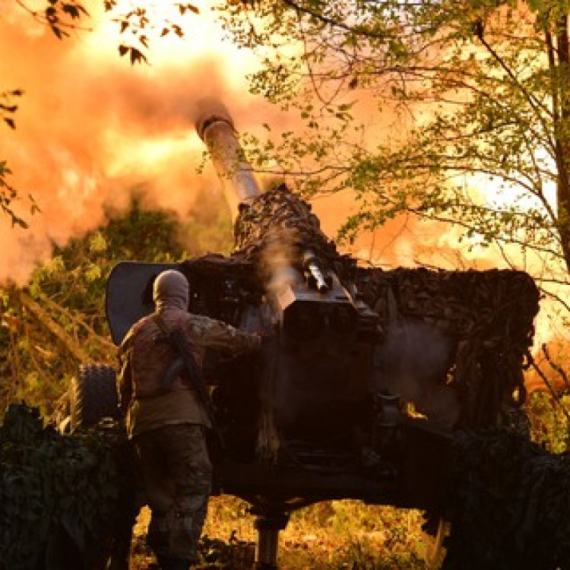

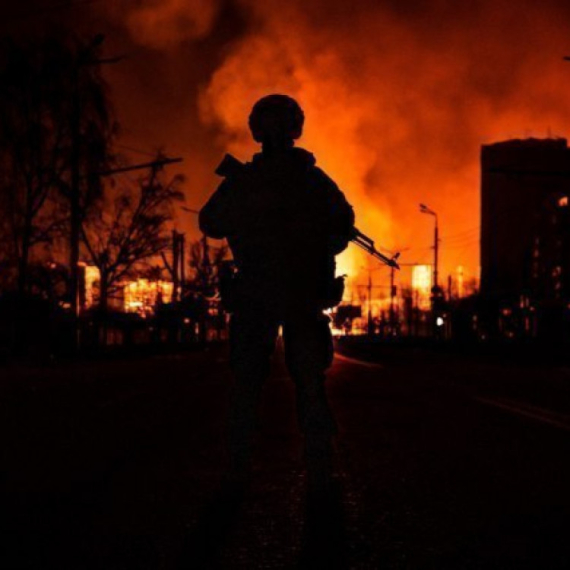
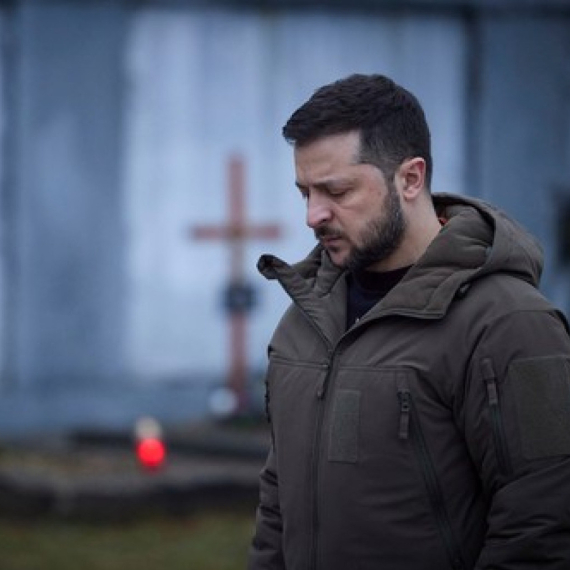




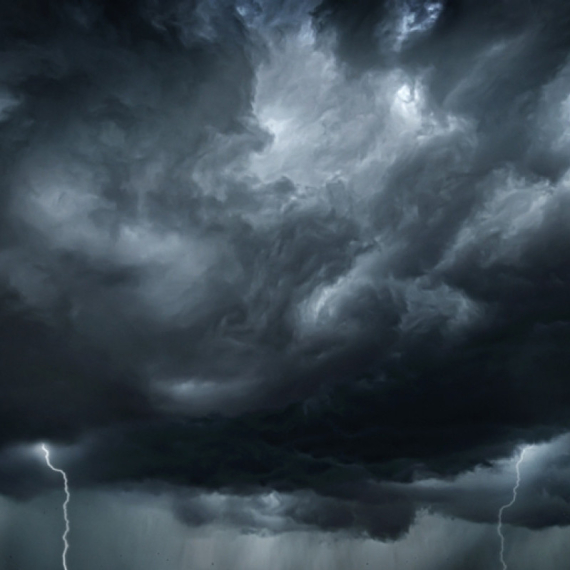


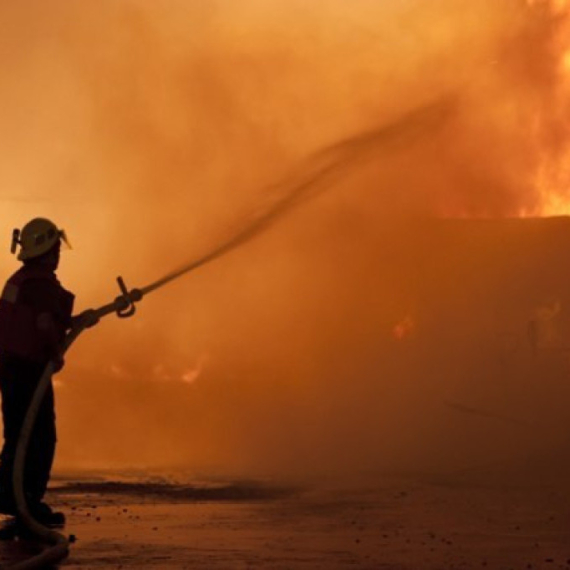
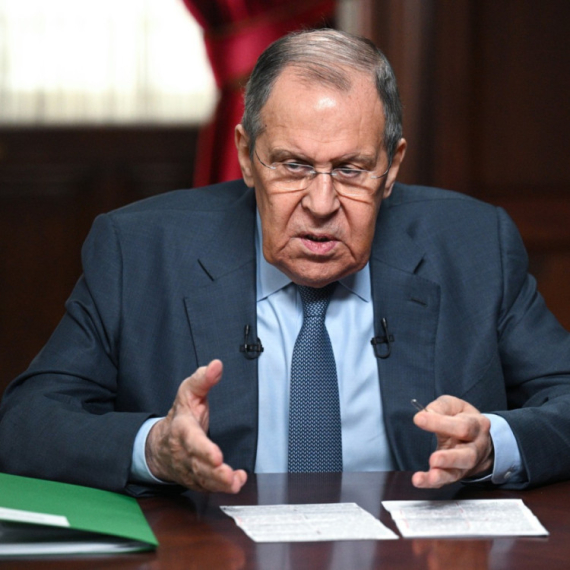
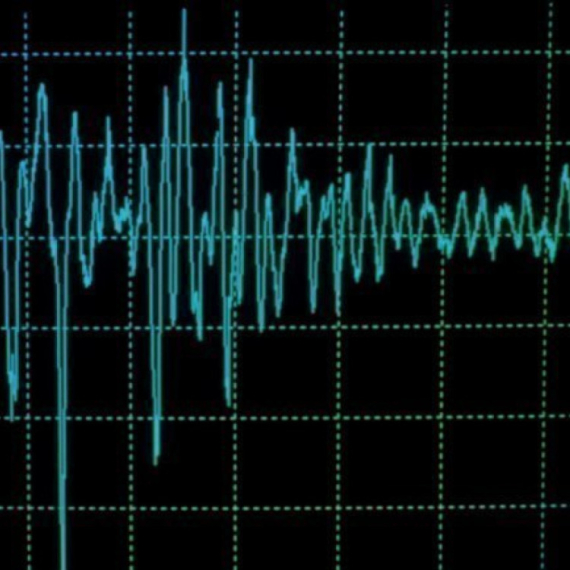


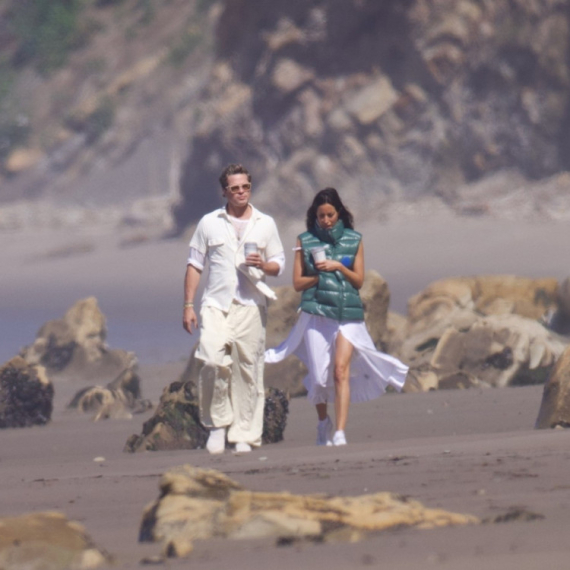

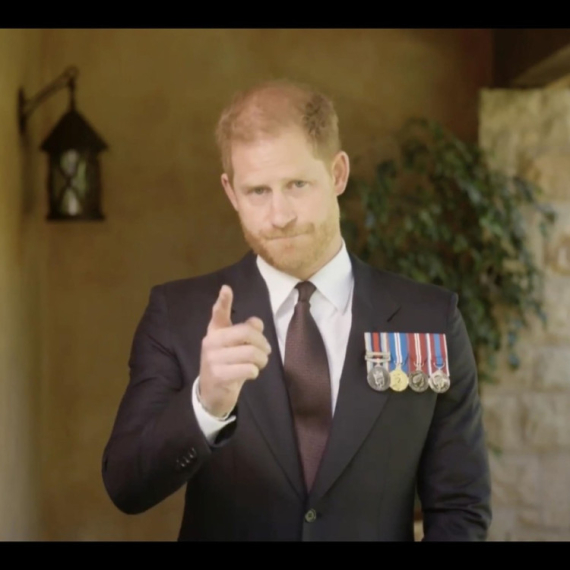





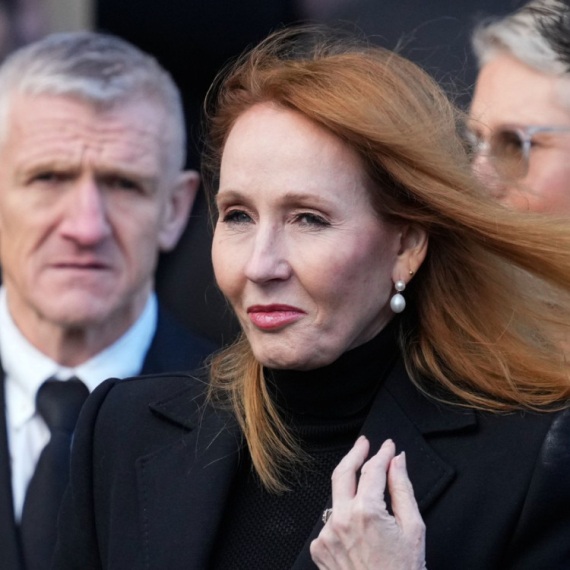

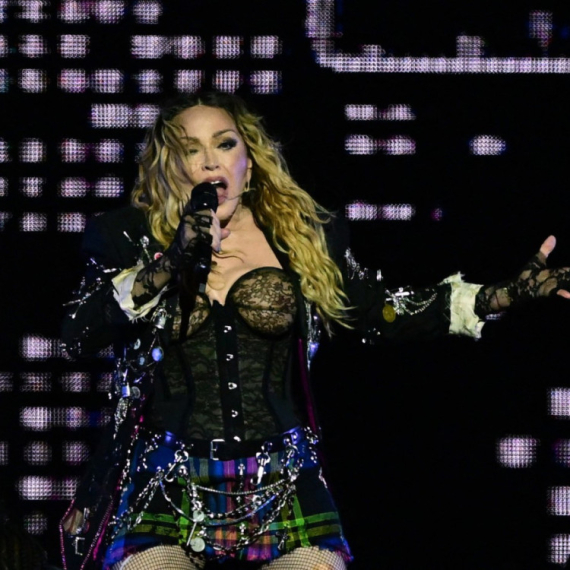
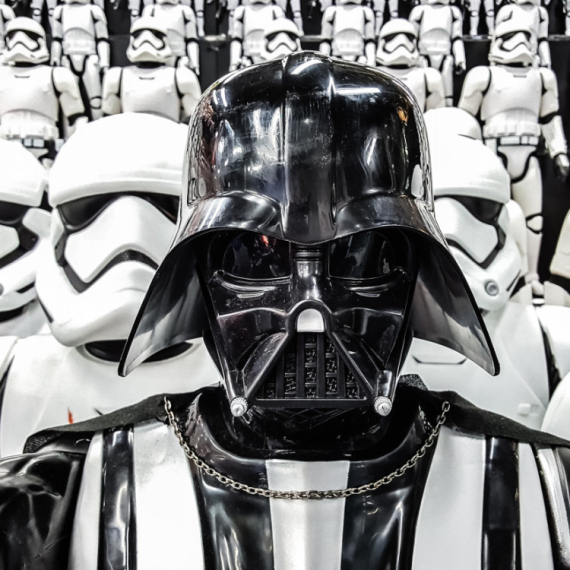








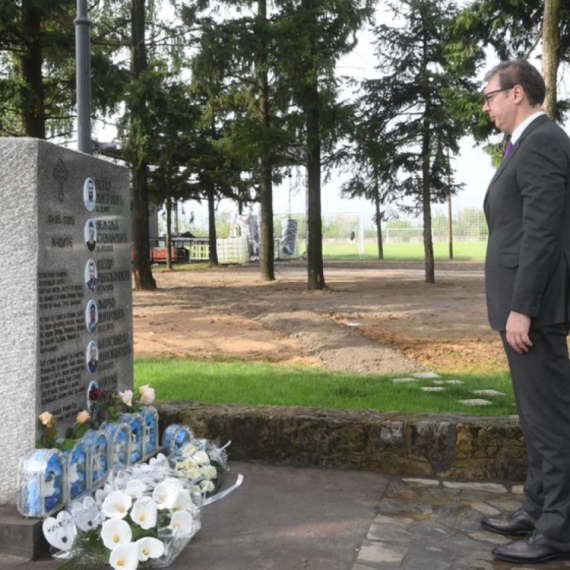
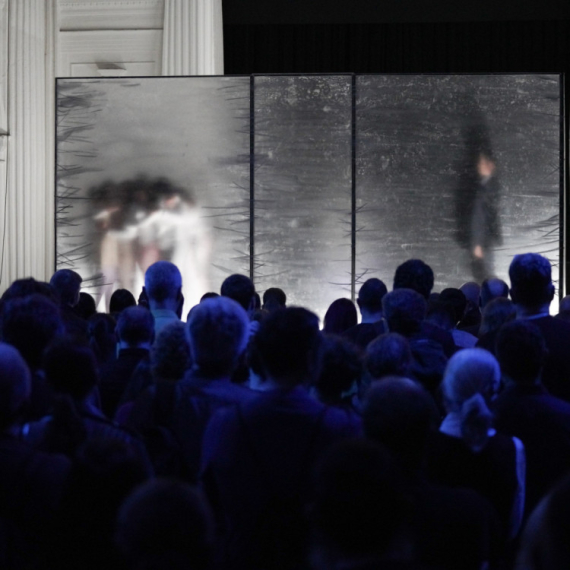
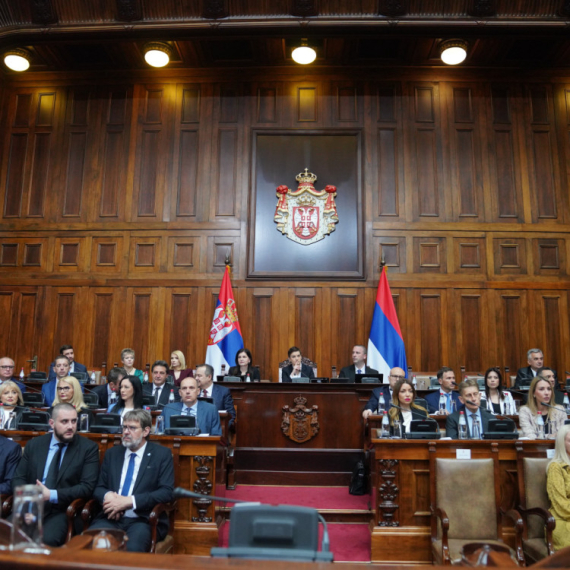











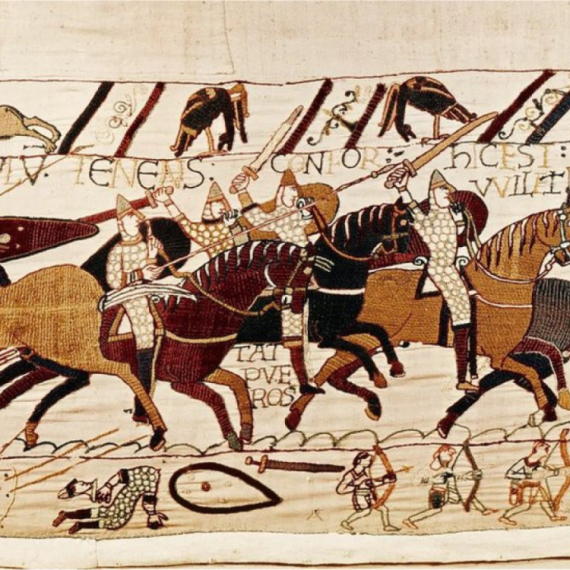


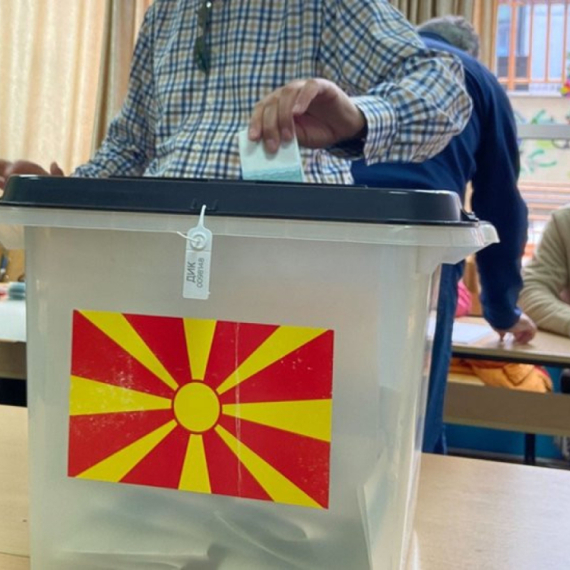

Komentari 0